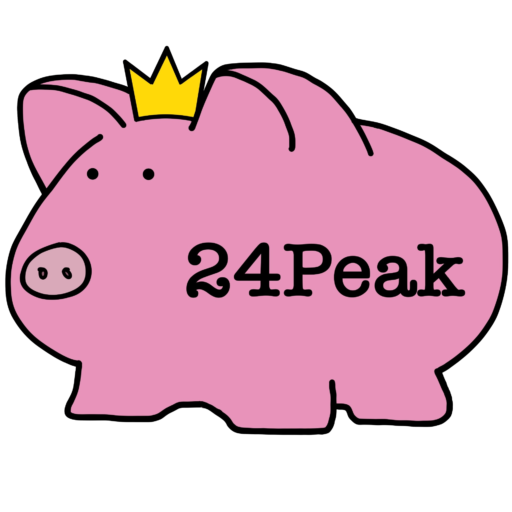What Is Net Worth?
Your net worth is essentially the total value of everything you own. Which includes property and investments, minus any debt you owe, such as loans or mortgages. By understanding net worth, individuals can track their financial progress over time, identify areas for improvement, and set realistic goals. To better understand net worth, you can break it down into two main categories; Assets and Liabilities.

Assets
In terms of finances, assets are anything of value that you own, or that is owed to you by another person, or anything which can be converted to cash. This often includes things that may generate income, or grow in value as well. Assets can include real estate, bank accounts, investments, and personal property. Your assets are an essential component in calculating net worth. A loan another person takes from you would also be considered an asset to you, whereas for them it would be a liability.
Businesses also have assets, which are reported on a company’s balance sheet. Generally business assets are anything that can generate income, save the company money, or boost business. This can include physical property such as buildings, machinery and inventory, or non-physical property such as stocks, patents, or trademarks.
Liabilities
When calculating net worth, liabilities are anything that you or your business owes, such as mortgages, car loans, accounts payable, taxes, and credit card balances. Your bills and any work you are prepaid for can also be considered liabilities. Take credit card balances as an example, when you use that card you are borrowing money from the card issuer, making it a liability worth the amount that you borrow.
A good example of assets and liabilities together would be when you purchase a luxury car with a loan. The loan is considered a liability to you, but as you pay it off, the paid off portion of that car’s value becomes an asset. Awareness of your assets and liabilities, as well as their effects on your net worth is crucial in building net worth and achieving financial freedom.
How to calculate Your Net Worth
To calculate your net worth, categorize your assets and liabilities. Once you list all of your assets and liabilities, subtract the total liabilities from total assets. This simple equation not only provides a snapshot of financial standing but also aids in making informed decisions regarding investments and expenditures. When managing your finances it is important to remember that it is also possible to have a negative net worth, which occurs when your liabilities outweigh your assets. This is not uncommon for younger individuals, commonly due to student loans, car payments, or taking on their first mortgage.
To build net worth, either your assets must grow more than your liabilities do, or you must lower your liabilities while maintaining or growing asset value. Paying off a mortgage is a good example of growing net worth. Similarly to a loan on an expensive car, as you pay off your mortgage the liability of the loan decreases, and the value paid into the property becomes an asset.
Conclusion
Keeping these things in mind and regularly monitoring your net worth is essential for financial planning. It allows you to track your progress towards financial goals and make adjustments if necessary. Understanding net worth can also impact your investment strategies, help you manage debt, and ultimately enhance your financial literacy. By making informed choices based on net worth, individuals can work towards achieving their long-term financial goals.
